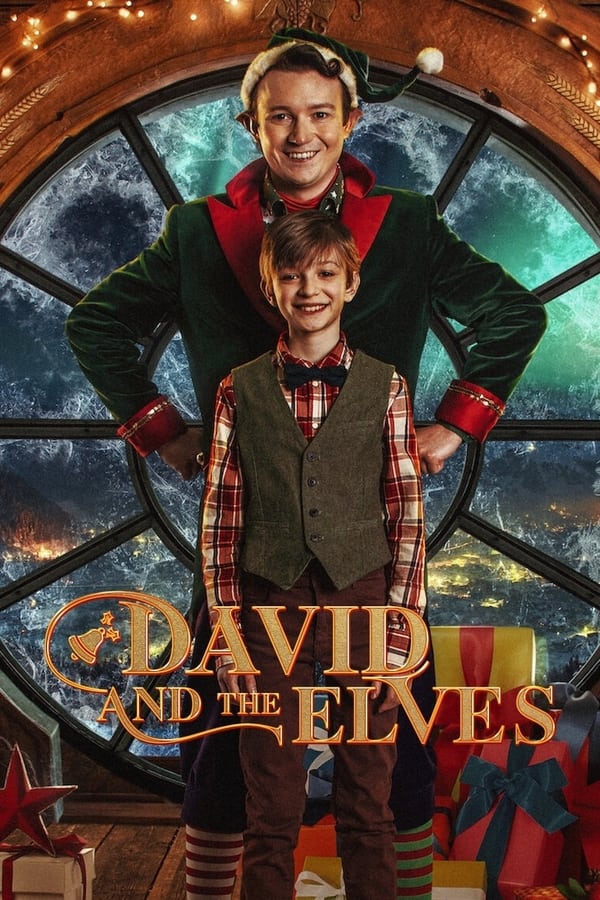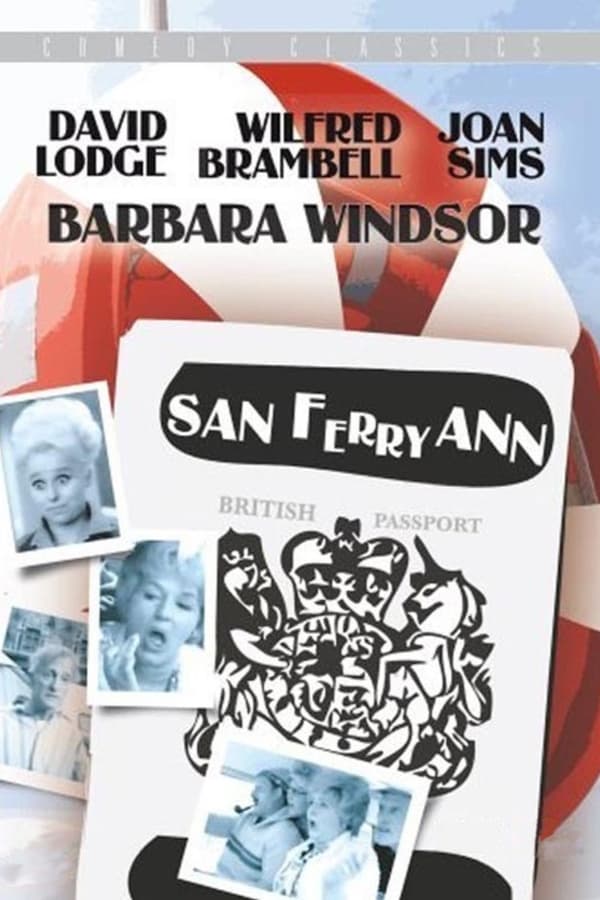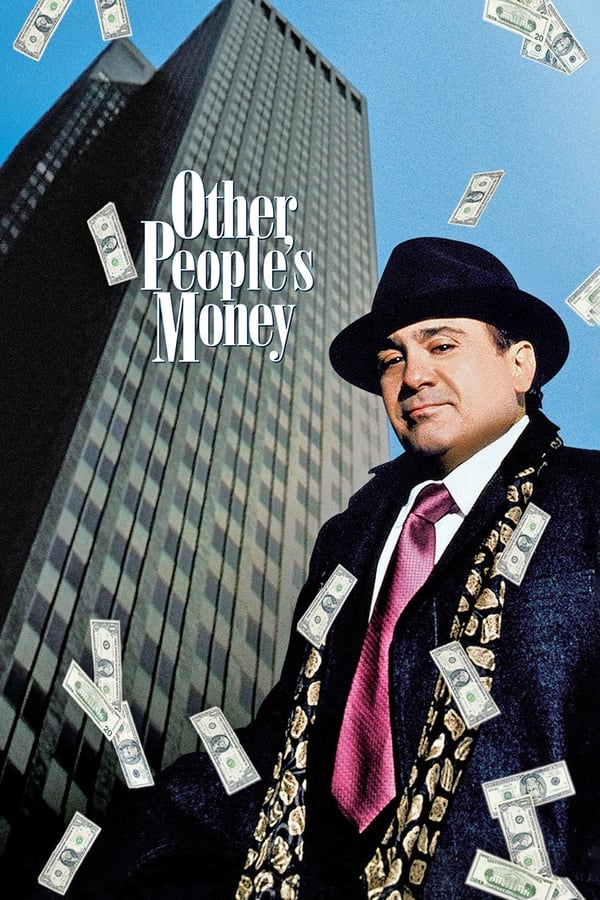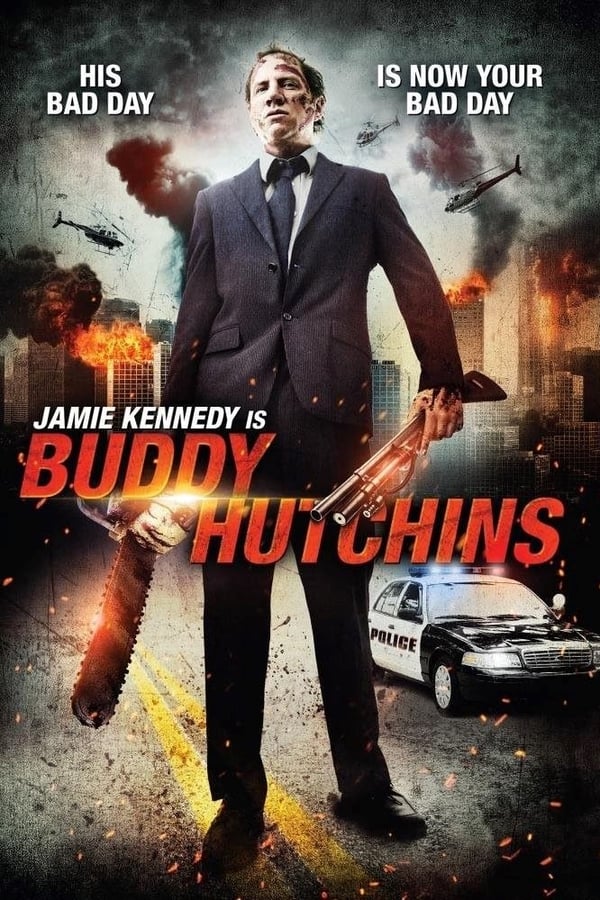Trailer
Toggle light
Comments
38 Views
Report
FavoriteIf current server doesn't work please try other servers below.
Server
Vidsrc
Server
1080P Only No ads
Server
GD
Server
StreamBucket
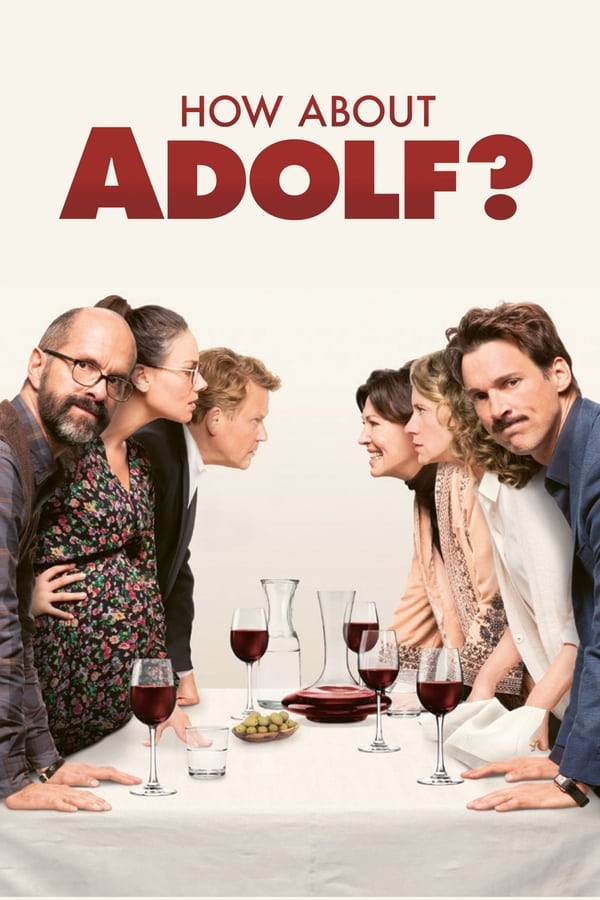
How About Adolf? 2018 Watch Free
How About Adolf? Watch Free – A Provocative Dinner Party Question
In the heart of a seemingly ordinary dinner party, an unexpected question stirs tensions and ignites a flurry of reproaches and insults. The question is simple yet loaded: “How about Adolf?” This remark opens a can of worms, as it forces each guest to confront their beliefs, their histories, and their personal boundaries. The moment is more than a casual inquiry; it’s a catalyst for the unraveling of hidden prejudices and unresolved conflicts, all set within the confines of an elegant dinner table.
The Spark: A Question That Changes Everything
The night begins like any other. Laughter fills the room, and the clinking of glasses accompanies lighthearted conversation. But everything shifts when one guest, in a moment of curiosity or perhaps mischief, casually asks, “How about Adolf?” The question, seemingly innocent on the surface, is met with stunned silence. It’s a loaded inquiry, one that immediately brings to the forefront questions of morality, historical trauma, and personal values.
The question itself references Adolf Hitler, the infamous dictator who remains one of history’s most divisive figures. The dinner party’s guests, from various backgrounds and walks of life, begin to react—some in disbelief, others in anger, and still more in confusion. “How about Adolf?” is more than just a question; it’s a confrontation with the darkest chapter in human history. For those who lived through the horrors of war, the mention of Hitler evokes memories of suffering, loss, and grief.
How About Adolf? Watch Free and Explore Human Reactions to History
As tensions mount, guests begin to question what the phrase “How about Adolf?” actually means. Does the question imply sympathy for Hitler, or is it a rhetorical device to challenge the status quo? For some, it represents an attempt to grapple with the lingering question of how society remembers its past. Can one ever move on from such a dark history, or does it always loom large over any discussion about human progress?
The night spirals into uncomfortable territory as accusations fly. The host, trying to maintain decorum, attempts to steer the conversation toward safer topics, but the damage has already been done. As the night progresses, the question of “How about Adolf?” continues to resonate. What seemed like a simple question becomes a flashpoint for deeper reflections on memory, guilt, and the ways in which history continues to shape the present.
The Consequences of Engaging with History in the Present
The guests, once friendly and familiar, now sit on opposite sides of a growing ideological divide. Some argue that history should be confronted head-on, without fear or distortion, while others believe certain figures like Adolf Hitler should remain in the past, their legacies unspoken and unexamined. It becomes clear that the dinner table has become more than a social setting; it’s a microcosm of the broader society’s struggle to make sense of its past, and to reconcile the darkness with the light.
Throughout the evening, the question lingers. “How about Adolf?” What does it mean to even ask such a thing? Is it a call to confront the truth, or is it simply an irresponsible provocation? For each guest, the answer is different. For some, it’s a call to never forget. For others, it’s a reminder that history can be painful and that some questions may be better left unanswered.
How About Adolf? Watch Free and Reflect on the Impact of History
The question “How about Adolf?” is a reminder of the complex relationship between history and personal identity. The way people respond to such a provocative question says a lot about their relationship to the past, to moral dilemmas, and to the ongoing debate about how much we should allow history to shape our present. In a world where the past is never truly past, such questions can feel like opening old wounds that never truly heal. Yet, the movie “How About Adolf?” offers a poignant reflection on this difficult subject, urging viewers to grapple with uncomfortable truths about history, morality, and collective memory.
SEO-Optimized Conclusion: Watch How About Adolf? for a Thought-Provoking Exploration of History and Morality
In conclusion, “How About Adolf?” is not just a simple question posed at a dinner table; it’s a thought-provoking exploration of how we engage with the darker aspects of our collective past. As the characters grapple with their own reactions to this provocative inquiry, viewers are forced to confront their own beliefs about history, guilt, and memory. If you’re looking for a powerful and intellectually stimulating movie, “How About Adolf?” is a must-watch. Watch How About Adolf? for free and dive into a film that challenges societal norms and invites deep reflection on the implications of historical memory.
You may also like
×



